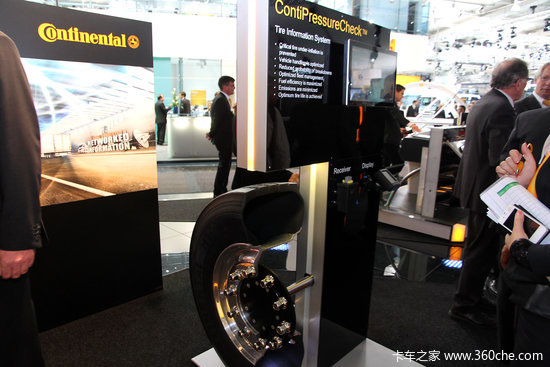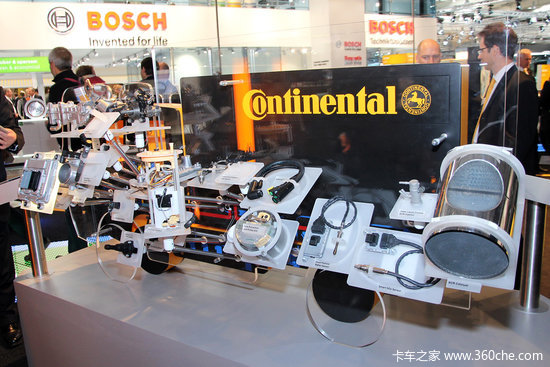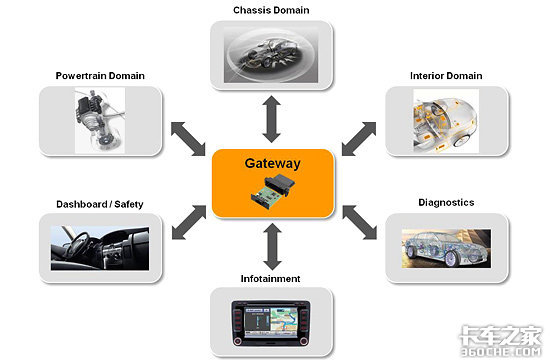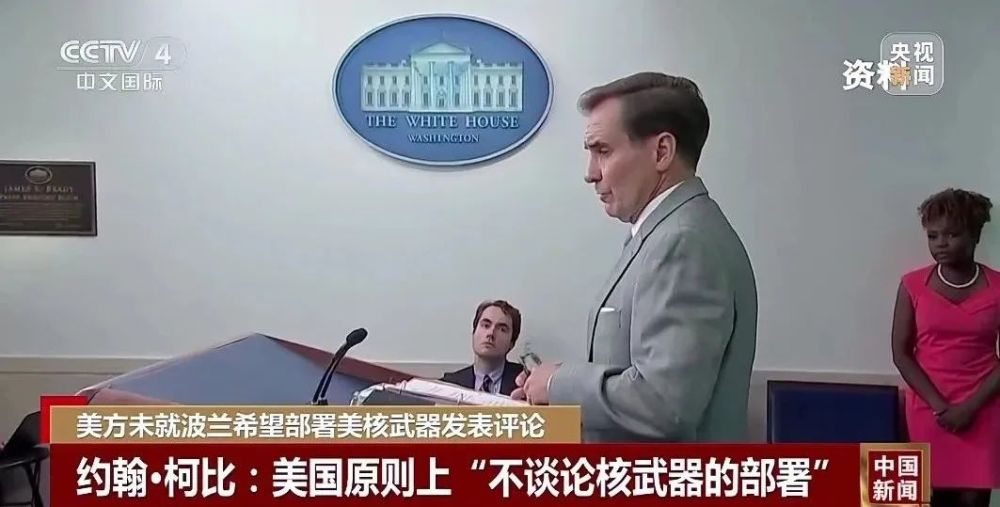Summary of Top 100 Truck Parts (Part III): Mainland Germany
[Original Truck House] In the list of the top 100 global auto parts suppliers in 2013, Continental Germany ranked third, and the mainland ranked third for three consecutive years. Continental Group is headquartered in Hanover, Germany, and its business in China covers brake systems, powertrain and chassis systems and parts, automotive electronics, instruments, infotainment systems, and industrial rubber products, and is committed to improving driving safety and environmental protection. Below, simply list the commercial vehicle products in mainland China.

● : mainly used in European and American car companies, such as, etc.

Among them, the most familiar product of Continental Group belongs to Ma brand tire. The reputation of Continental tires is manifested in its new generation: innovative technology, optimized tire design and all-round service for any situation. Mainly used are Mercedes-Benz, Volvo, Japanese, Japanese and German trucks, Schmitz, Koegel and other major European and American car companies.
● Driving recorder: acquisition of one of Siemens’ top five parts suppliers.

The second important product is Dado automotive electronic products. Since the mainland company acquired VDO from Siemens, it has become one of the top five automotive parts suppliers in the world, mainly engaged in automotive electronic products such as instruments, sensors, car stereos and electronic throttles.
At present, the driving recorders include digital driving recorder DTCO, automobile data recorder VDR, analog driving recorder, sensors and adapters, data download products and data management.
● Intelligent sensors and actuators: accurate detection, fast and reliable execution

Sensor products include: air flow sensor, nitrogen oxide sensor, linear position sensor, knock sensor, in-cylinder pressure sensor, temperature sensor, mixed fuel sensor, ultrasonic oil level sensor, absolute pressure sensor, high pressure sensor and differential pressure sensor.
Actuator products include: air control valve, electronic throttle control, exhaust bypass valve.
The main goal of Continental’s development is to reduce the carbon dioxide emissions of all kinds of cars. The combination of intelligent sensors and actuators with advanced management system makes it possible to develop a truly low-carbon drive system-dynamic diesel and gasoline engines, which can not only meet the current emission standards, but also meet the increasingly high emission standards in the future.
● Automobile control: The method is used to control various braking systems of trucks.

The automobile control unit collects all the information to provide the required torque requirements, whether it comes from the driver, various systems (such as transmission system) or ACC sensors. According to all these information, the required torque is calculated and transmitted to the electronic components of the fuel injection system of the engine through CAN bus. The same method is also used to control various braking systems of trucks and integrate management.
● Cab and Comfort: Specific products include instruments and electronic gateways.

The goal is to provide the driver with as much comfort as possible. Because a well-equipped cab can improve the safety of daily driving. Products include: meters and electronic gateways.
Instruments focus on information–combining individuality and cost-effectiveness. Provide solutions for all kinds of commercial vehicles according to customers’ specific requirements and market applications. Products include combination meters and single meters.
The electronic gateway is an electronic unit in the cab that can not be separated from providing energy supply. Continental has provided a highly integrated central electronic component with an integrated electrical connection center for this purpose. At the same time, the solution also provides an electrical interface for all traditional electronic products in the cab and a jack for exchanging information between the cab and the chassis.
● Toll collection and vehicle intelligent communication system solutions: support a large number of functions.

Among them, Continental Automotive Intelligent Communication System (OBU) meets the needs of future traffic development. The advantages of optimizing traffic flow, improving safety, avoiding accidents, facilitating automobile manufacturers’ maintenance and fleet management are numerous. Our products also support a large number of other functions: OBU, an on-board intelligent communication system, is connected with special automobile sensors and controllers to measure dynamic performance. In addition, the collected automobile data can be captured and sent to the background system for analysis, and can be used to compile reports.
Lu Group is committed to creating a safer, more comfortable and more environmentally friendly driving experience, with the safety and comfort of drivers as its focus. In addition, we attach importance to products that help reduce fuel consumption to protect the environment. Many business units of Continental Group occupy a leading market position: brake caliper, safety electronic equipment, vehicle intelligent communication system, automobile instrument and oil supply system rank first in the world; Electronic brake systems and brake boosters are second in global sales.
● Related reading:
Summary of Top 100 Truck Parts (Part II): Denso Japan
http://www.360che.com/news/130805/27007.html
Top 100 Bosch Major Truck Parts Product Summary
http://www.360che.com/news/130730/26943.html
Bosch ranked among the top 100 global auto parts suppliers in 2013.
http://www.360che.com/news/130719/26797.html










